The skin could be a simple but powerful metaphor to understand life itself: its expansion and resistance, but also its vulnerability and risk are elements that can be associated with cycles that remind us that everything that is born, usually dies.
Given this idea, it is important to reflect on the need for clinical care before the skin dies and its aesthetic importance.
Elements such as the sun, smoke, radiation, tobacco, and even personal factors such as stress are common in terms of skin deterioration.
Based on these considerations, it is important to know more about facial care, since this is the area with the skin most exposed to sunlight, as is the neck, neckline, and arms.
“Little by little, cells do not function as fully as they did in childhood. Therefore, protecting the skin not only prevents aging but also helps avoid long- or short-term injuries, such as skin cancer.
The specialist adds that although each skin area requires specific care, the face is more prone to deterioration due to being uncovered. In parallel, this vulnerability has led to the need for products such as facial masks, which are intended to revitalize as well as protect the skin of the face.
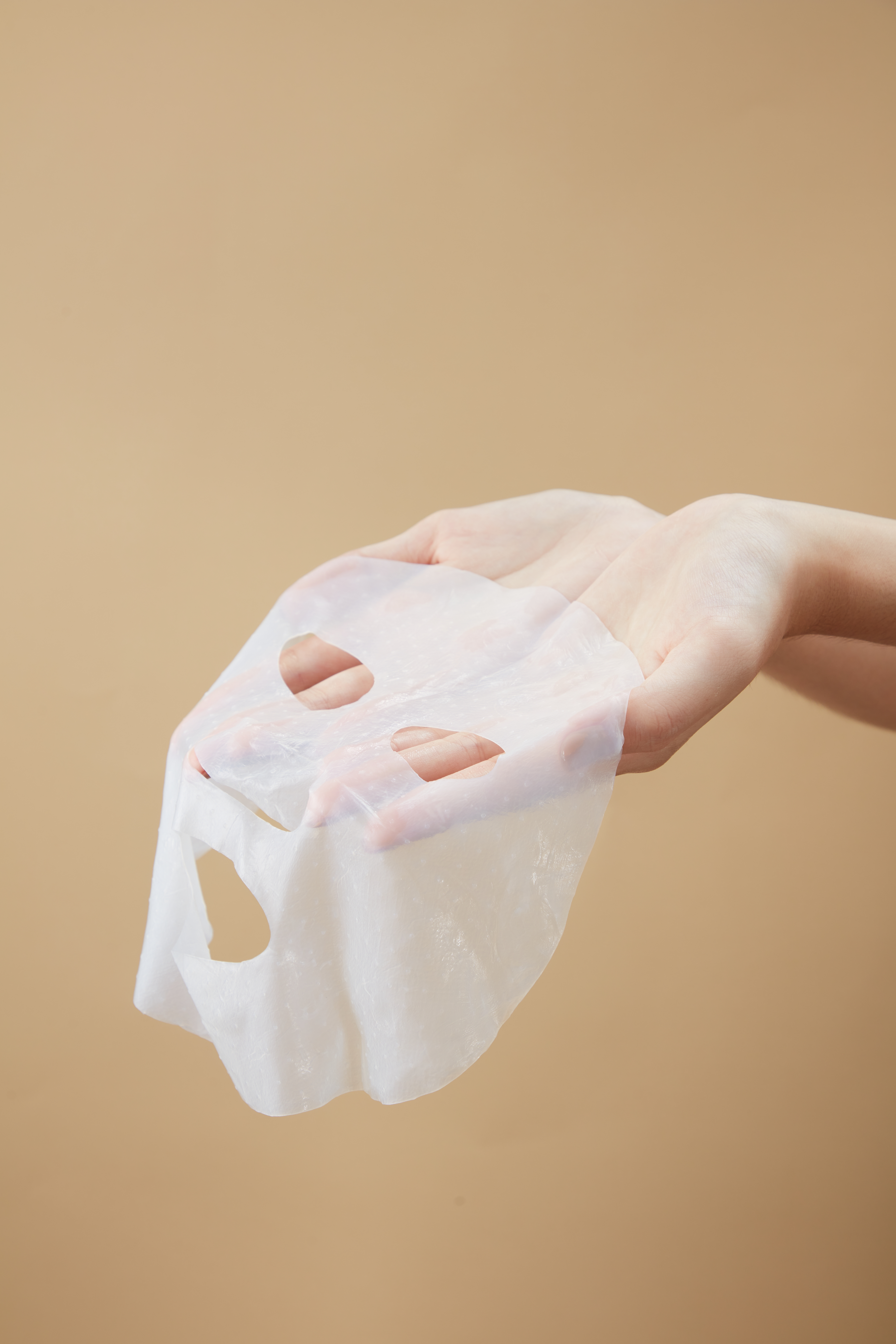
On the one hand, Dr. Barahona explains that facial masks are products that can be applied that have a chemical or organic origin.
Additionally, it can be presented in a creamy, pasty, gelatinous, or foamy form and its active ingredients can take effect 20 minutes after being applied, adds Dr. Juan Pablo Chavarría, professor of Innovative Aesthetic Treatments for the Bachelor’s Degree in Aesthetics and Visagism at the Universidad Galileo.
What is the facial mask for?
According to Maureen Barahona, many of the recommended masks are those manufactured that contain elements beneficial for the skin such as the following:
- Hyaluronic acid: It usually acts as a deep moisturizer and provides support to the skin. It is useful for combating aging.
- Salicylic Acid: Helps reduce acne, swelling, and redness, and softens dry or coarse skin.
- Retinoic acid: Generated from Vitamin A, this component helps cells grow and develop. It prevents sun spots and wrinkles.
- Vitamin C: Helps in skin production, as well as wound healing and scar tissue formation.
Although manufactured masks preserve these components, Dr. Maureen explains that it is always better to invest in a facial care routine that can be recommended by a skin and/or facial aesthetics specialist.
Risks of homemade masks
The specialists consulted mention that, despite being a product valued for its refreshing, relaxing, and regenerative benefits, it is important to be careful with facial masks, since not all are recommended, especially those made at home.
“(…) There is a risk that they contain products that alter the pH, which could cause stains or marks. When people see popular videos on social media, they try to make masks at home, but not all of them are recommended for different skin types,” explains Dr. Juan Pablo Chavarría.
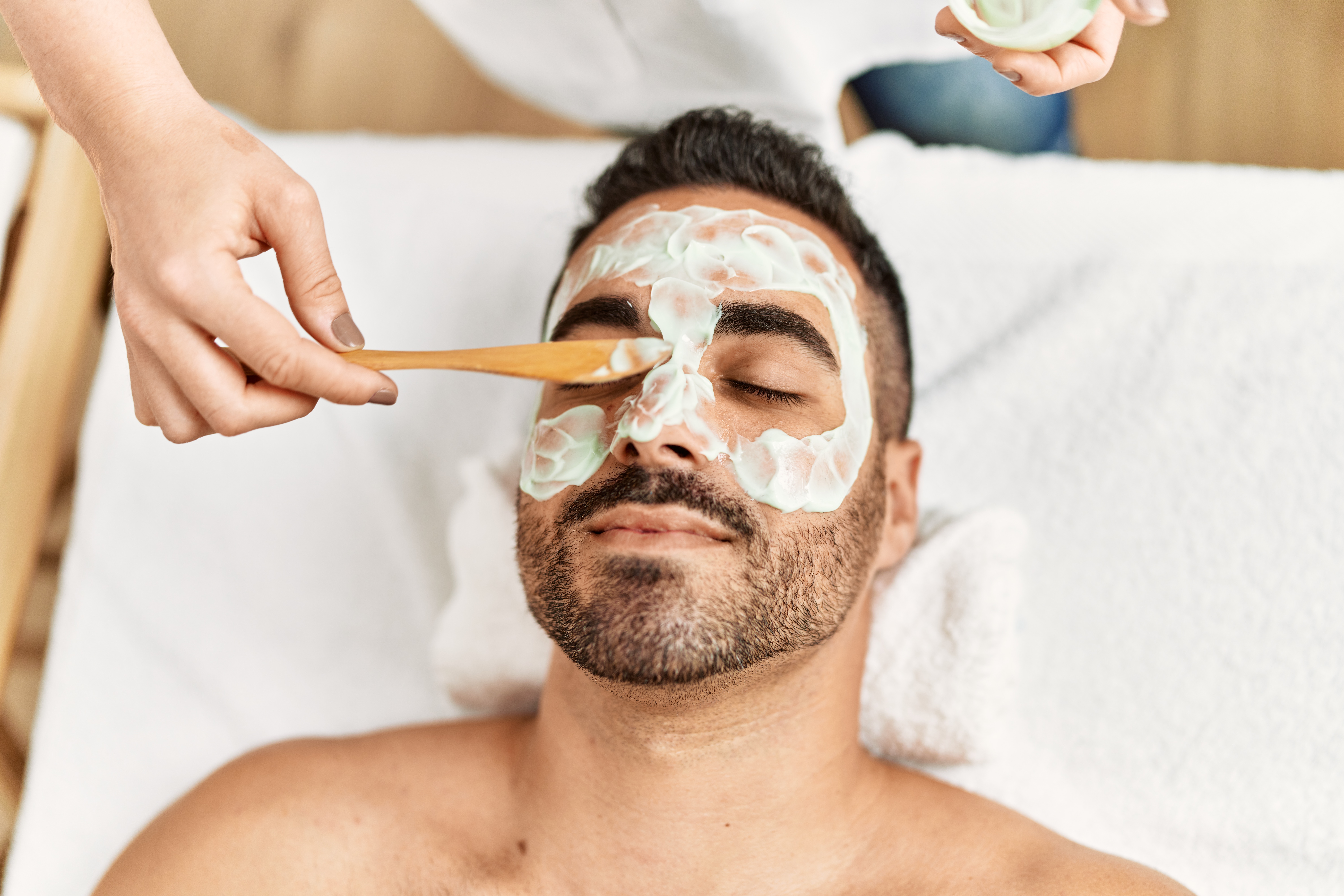
Masks made from avocado, oatmeal, honey, garlic, and “a bunch of other foods” are often popular when it comes to making homemade preparations, says Dr. Maureen Barahona, who stresses that when applied to the face, these can cause effects such as irritating reactions, allergic dermatitis or even burns.
“Many products designated for the kitchen should not be applied to the face. Just because it is common, does not mean it is good. We must understand that fungi and bacteria are living on the surface of our skin that cohabit amicably with us, but if we give them a medium to grow more, they will begin to develop,” explains Barahona.
Both Maureen and Juan Pablo insist that to avoid these cases, it is necessary to note that the best masks are those manufactured and can be obtained in pharmacies, from a dermatologist, in beauty centers, or those made by these specialists based on reliable products.
What is the best mask?
Given the above, it is also worth asking which mask is most recommended for each person. Dr. Chavarría argues that this can be defined based on each person’s skin type.
Masks for dry skin should hydrate and have antioxidant components, especially vitamin C and derivatives of vitamin E and A, in very low doses and should not be used more than twice a week, she explains.
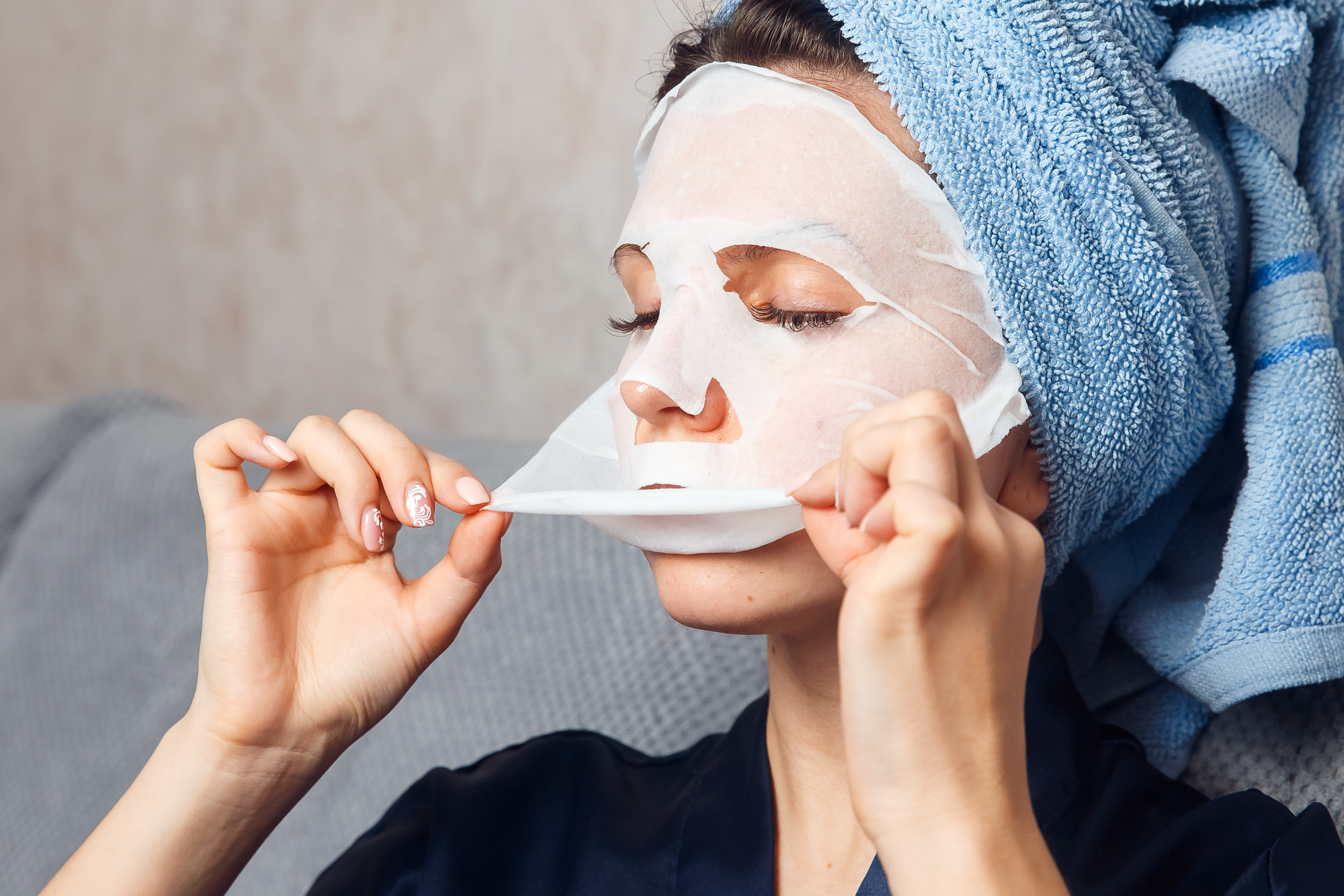
On the other hand, for oily skin, the doctor recommends masks that regulate the production of these lipids and that are also exfoliating. For sensitive skin, it is necessary to treat it with products that do not contain irritating chemicals.
“ Facial masks are for everyone, but you should know what your skin type is. It is best to have a trusted beautician or dermatologist who you can ask to take better care of your skin,” says Chavarría.








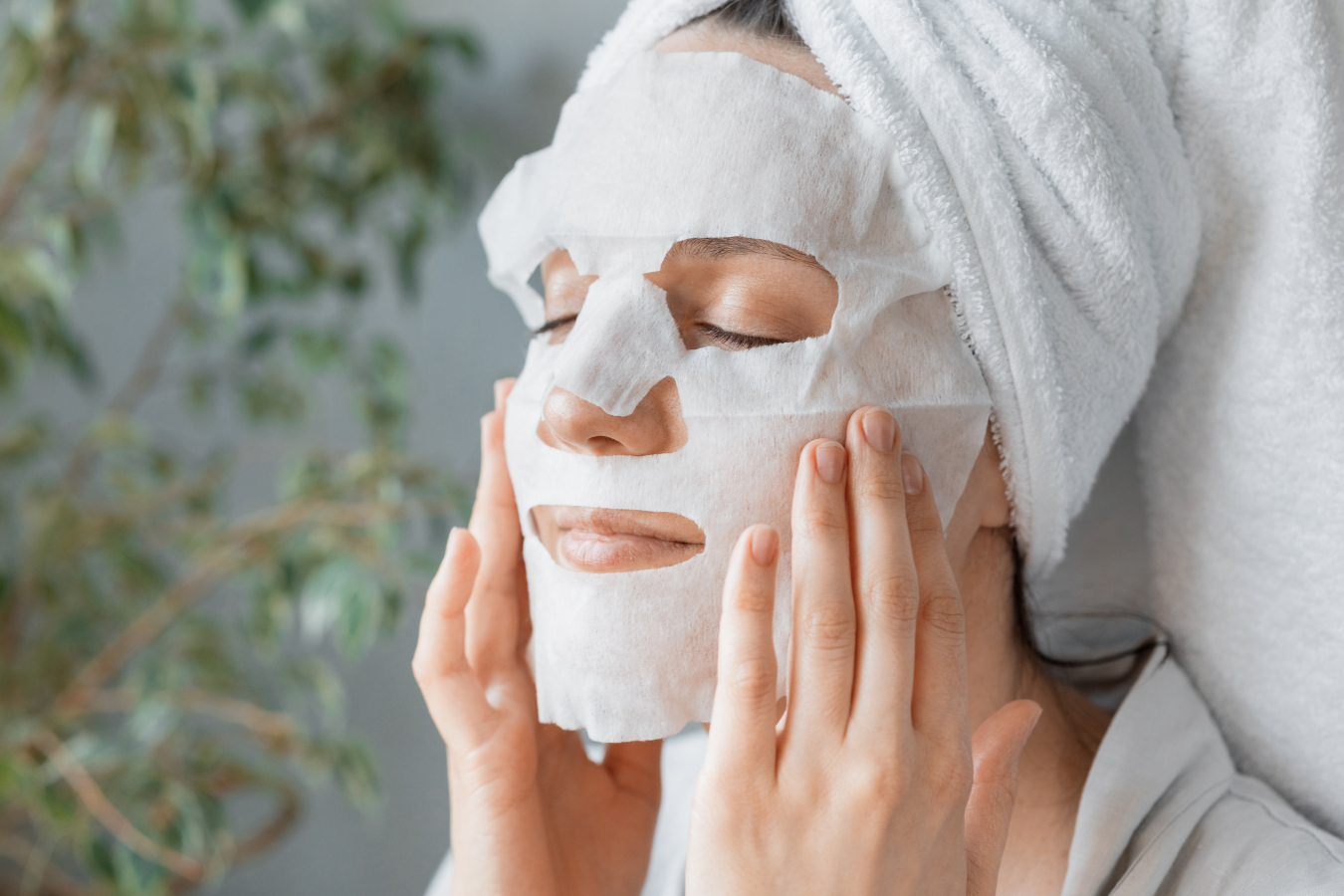
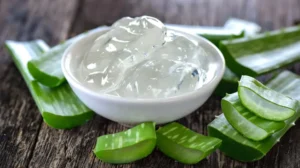



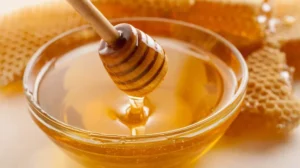




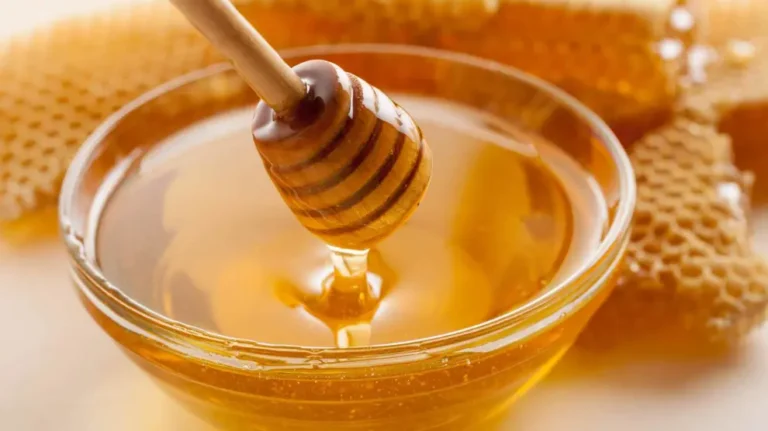


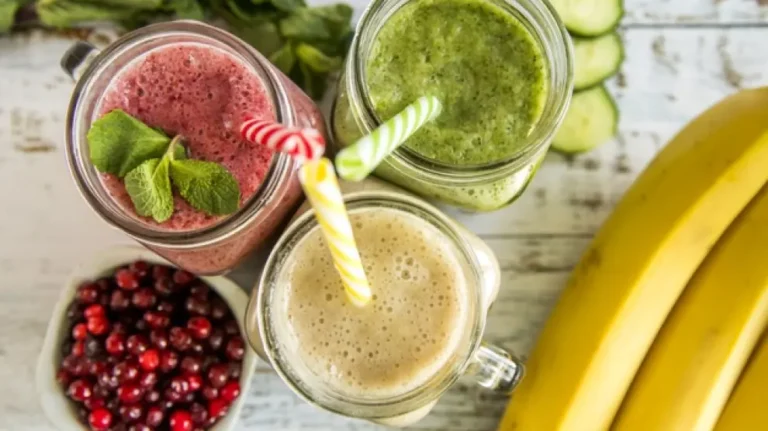

+ There are no comments
Add yours